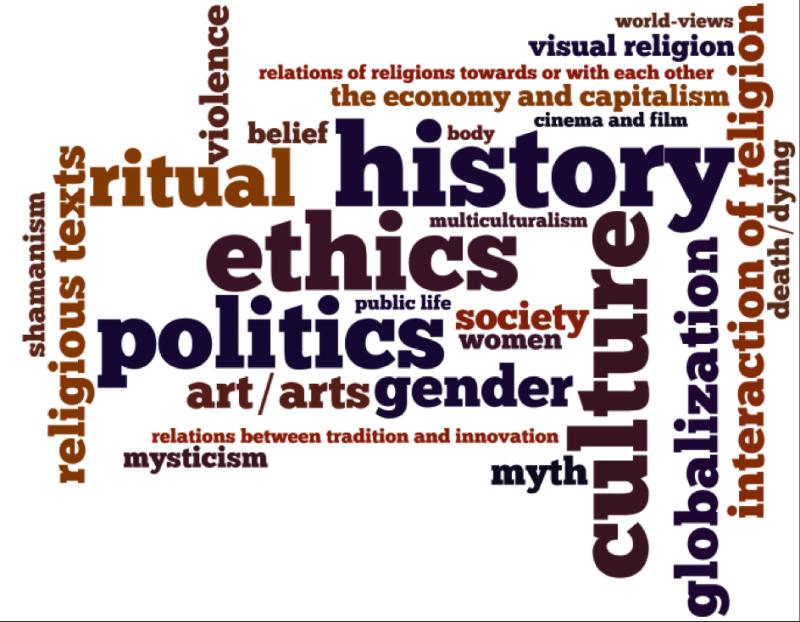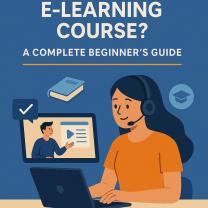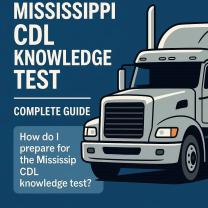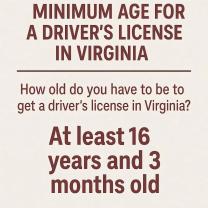What are ethical and civics courses?
Ethical and civics courses are educational programs designed to impart knowledge and understanding about ethical principles, moral values, and civic responsibilities. These courses aim to educate individuals, often students in schools or colleges, about ethical decision-making, societal responsibilities, and the functioning of a democratic society.
Ethical Courses: These courses delve into various aspects of ethics, exploring moral philosophy, ethical dilemmas, and the principles that guide human behavior. They often cover topics like:
- Ethical theories (utilitarianism, deontology, virtue ethics)
- Moral reasoning and decision-making
- Professional ethics (business ethics, medical ethics, etc.)
- Ethical issues in society (such as social justice, human rights, environmental ethics)
- Personal ethics and character development
Civics Courses: Civics education focuses on teaching individuals about their rights, responsibilities, and roles within society, particularly in a democratic system. These courses typically cover:
- Government structures (local, state, national)
- Political processes (voting, elections, policymaking)
- Rights and responsibilities of citizens
- Civic participation and engagement
- Constitutional principles and democratic values
- Civil liberties and civil rights
Both ethical and civics courses aim to foster critical thinking, promote informed decision-making, and encourage active participation in society. They often equip individuals with the knowledge and skills necessary to navigate ethical challenges, engage in civil discourse, and contribute positively to their communities. These courses play a crucial role in shaping responsible and informed citizens capable of understanding complex societal issues and making ethical decisions.
How do ethical and civics courses intersect in educational curriculum?
Ethical and civics courses intersect in the educational curriculum in several important ways, creating a powerful synergy that can shape well-rounded and engaged citizens. Here are some key points of intersection:
Foundational Concepts:
- Both courses grapple with core concepts like justice, fairness, responsibility, and the common good. These foundational ideas provide a shared language and framework for students to engage with complex issues in both realms.
- Ethical questions often arise within the context of civic life and decision-making. For example, a civics course exploring voting rights might delve into the ethical implications of gerrymandering or voter suppression.
Developing Critical Thinking Skills:
- Both courses encourage students to think critically about complex issues, ask questions, and challenge assumptions. This skillset is crucial for both ethical decision-making and informed civic engagement.
- Ethical courses often employ case studies and thought experiments to help students analyze ethical dilemmas and develop their moral reasoning. Civics courses often use real-world scenarios and historical examples to promote critical thinking about civic issues and responsibilities.
Fostering Active Citizenship:
- Both courses aim to cultivate responsible and engaged citizens who contribute positively to their communities. Ethical courses emphasize personal responsibility and the impact of individual choices on society. Civics courses equip students with the knowledge and skills necessary to participate actively in civic life, from voting to community organizing.
- Ethical considerations are often central to debates on public policy and social issues. By understanding ethical frameworks, students can engage more effectively in these discussions and advocate for causes they believe in.
Specific Examples of Intersection:
- A civics course on environmental policy might explore the ethical implications of climate change and sustainable development.
- An ethics course examining business ethics might analyze real-world cases of corporate scandals and discuss the civic responsibility of businesses.
- Debate clubs and mock trials can combine elements of both ethical and civic education, providing students with a platform to practice critical thinking, communication, and ethical reasoning within a civic context.
By effectively integrating ethical and civics education, schools can prepare students to become not only knowledgeable and critical thinkers but also responsible and engaged citizens who contribute meaningfully to their communities and the world at large.
I hope this information is helpful! Let me know if you have any other questions.












